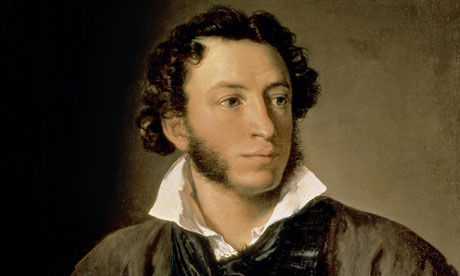A Seasonal Kalder Klassik:
Four years ago, I spent Christmas in Texas for the first time. Shortly beforehand I’d been driving around in the desert out West, and I have vivid memories of the return journey which, late at night, brought me through Johnson City, the birthplace of Lyndon B. Johnson.
I stopped the car to walk around and was immediately struck by the strangeness of thousands of lights representing icicles, snow, and snowmen in a place where it never snows.
In fact, I thought, it probably wasn’t snowing much in Bethlehem when Christ was born either. I could be wrong - the climate has changed a few times over the last 2,000 years, so maybe it was chillier in the Holy Land back then. Nevertheless, given the Eastern origins of Christianity, luminous representations of cacti and fig trees might be more appropriate this time of year.
Since it was my first American Christmas I

